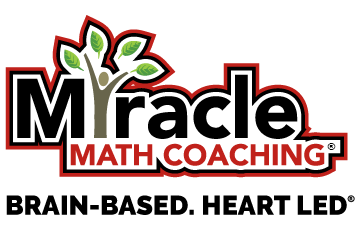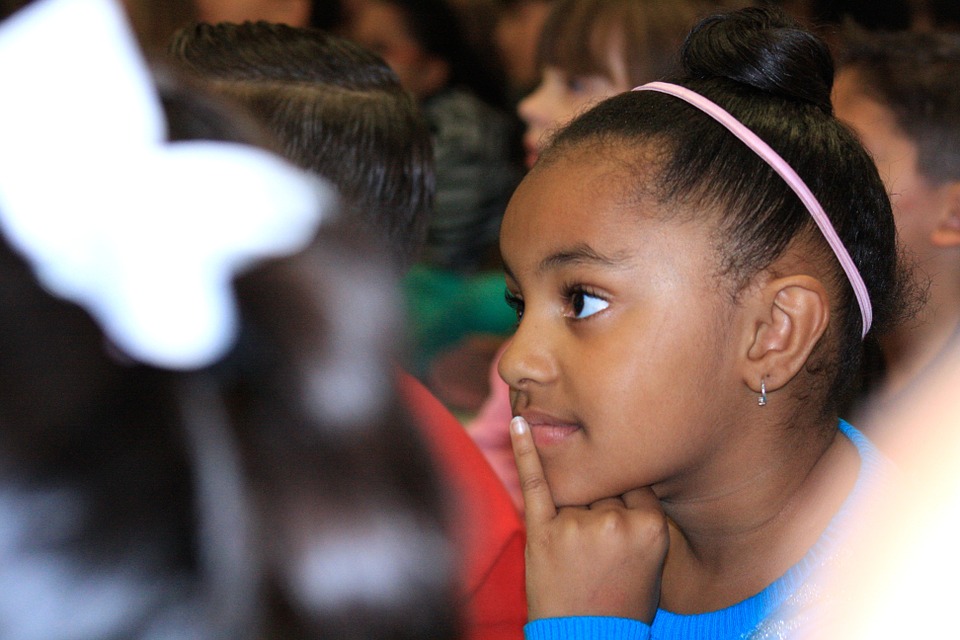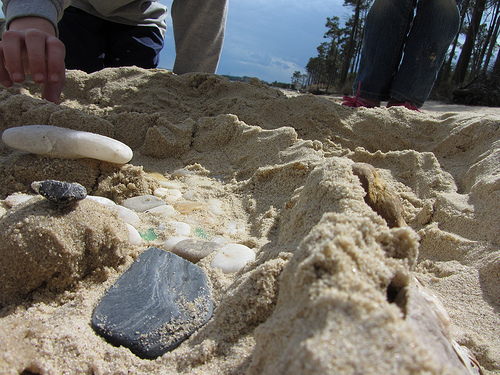Is Your Child a Thinker or a Zombie?

By Deanna Hurn, Founder and Executive Director of Miracle Math Coaching
Here’s one of my fav posts from the past…
We all want our children to be Einsteins. Parenting Expert Vicki Hoefle says it best: “Thinking Kids are WAY more FUN to Raise than Zombie kids who don’t think for themselves.”
So what’s the difference between brilliant and, well, er…not so brilliant? Here are guidelines:
- Thinking children ask lots of questions. Why? Why? Why? Why? Why? They’re curious about the world. Sometimes, they’ll fire off enough questions to make your head spin. Trust me. That’s a good thing. I, too, have to remind myself of this when my five-year-old Sariah is asking me tons of questions, and she asks questions about everything!
- They like to tell stories. They’ll talk and talk and talk about anything – school, friends, family, animals, colors, smells, Dora the Explorer, McDonald Hamburgers, green slime. Sometimes they even make up their own stories. This is Sariah’s favorite thing to do when I’m cooking dinner for the family. One time, she told me she had two kids and a dog, and I was the grandma cooking for them. LOL.
- Children who think don’t always follow the crowd. They’ll let their friends know when they don’t agree with the group. That makes it a lot easier on you if they have pals who are up to mischief. You won’t have to ask…”If your friends jumped off a cliff, would you jump, too?” Your kid ain’t going over the cliff.
- Thinking children don’t always believe everything you tell them. They’re willing to consider that there’s another side to the story, another explanation.
- They’re not afraid to try to explain what they don’t understand. That’s where we get gems like, “An earthquake is when monsters stomp around under the ground,” or “Rainbows are made by giant paintbrushes in the sky.”
These aren’t hard and fast rules, of course. Some thinkers are shy. Just because she’s not asking, “Why do I have two eyes if I only see one thing?” doesn’t mean she isn’t thinking it.
Likewise, your son might not talk a mile a minute, but he could be just as pondering and observant as a mini motor-mouth. They may show their intellect by reading about their interests or keeping a journal about their experiences.
The bottom line is that thinking kids engage with their world. They explore. They interact. And yes, they’re likely the ones who will touch something you tell them not to touch. (After all, they’re trying to answer the question, “What will happen if I touch that?”)
The good news is that when children think, new neural pathways are formed in the brain, or existing pathways are strengthened. In other words, the more your children think, the smarter they get.
In a future post, I’ll share what you can do to raise thinking children. It’s not always the easiest task, but along the way you’ll receive just as much as you give to your children.
As Miracle Math Coaching’s Executive Director of Miracle Math Coaching, I have completed cognitive neuropsychological training at the University of California at Berkeley. That just means I’m an expert in brain-based learning. I make sure all of our processes and procedures focus on how the brains of children and teenagers learn best.
If you’d like to know more, please visit our website at http://www.miraclemathcoaching.com, call me at 707-398-3474, ext. 2700 or email me anytime with questions. It is my pleasure to serve you and your family and share my knowledge.
In the meantime, why do you think your child is a thinker?







